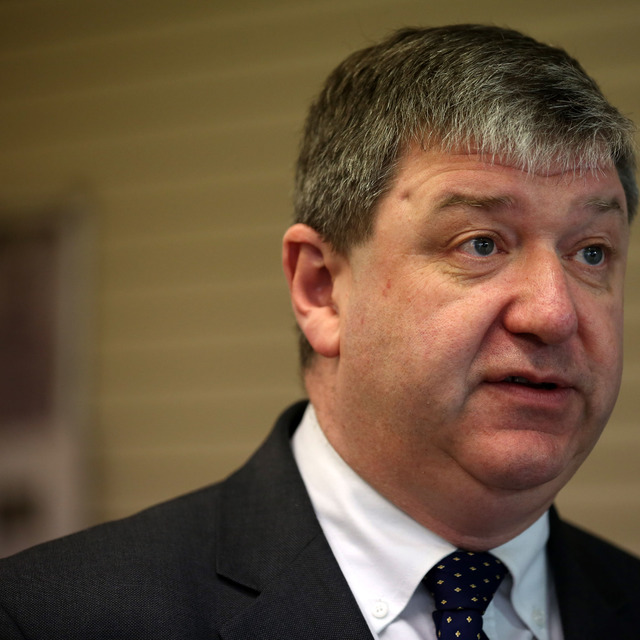MP Alistair Carmichael faces election legal challenge
Alistair Carmichael’s denial of his involvement in leaking a memo intended to damage Nicola Sturgeon amounted to “fundamental, dishonourable conduct”, according to the lawyer representing constituents who wish to see his re-election as the last Liberal Democrat MP in Scotland voided.
The former Scottish Secretary came in for intense criticism after admitting responsibility for the leak during an inquiry into the release of the memo, despite originally claiming he knew nothing about it.
The MP – Scottish Secretary in the Tory-Lib Dem coalition before the election – authorised the leaking of a civil service memo suggesting the first minister had told the French ambassador she backed Tory PM David Cameron to remain in Downing Street.
Mr Carmichael admitted leaking a memo.
Yesterday Mr Carmichael’s legal representative Roddy Dunlop QC argued that the challenge, lodged by four constituents in Orkney, should be dismissed.
According to the act and subsequent case law, Mitchell explained, there is a broad distinction between political statements that parliament “trusted the good sense of the electorate” to be able to discount, and those relating to a candidate’s personal character or conduct, the truth or otherwise of which the electorate might be “unable to discern” in the middle of an election campaign.
STV has broadcast the second day of the Election Court case on live television – continuing its landmark coverage which marks the first time a United Kingdom court hearing has been broadcast live and in full.
The hearing, at a specially-convened Election Court, began with judge Lady Paton saying it would focus on legal debate surrounding Section 106 of the Representation of the People Act 1983. “They were not introduced to allow disappointed electors to pour over every utterance of an opponent in an attempt to unseat him”.
One clause from the 1983 Act Mr Mitchell is using refers to candidates smearing each other but is only applicable where the rival candidate is standing in the same constituency.
It was “reasonable” for the petitioners to make such an inference, he added. “It is normal for parties not to be present while such legal questions are discussed”.
The QC said Mr Carmichael does not dispute that he made certain statements of fact which were false before or during an election.
Carmichael went on to say that the impact of his behaviour was felt “not just by me, but by my family, friends and supporters”, Mitchell pointed out – going on to claim that the MP had “characterised” the incident as being related to his personal character, not merely a political stance.








